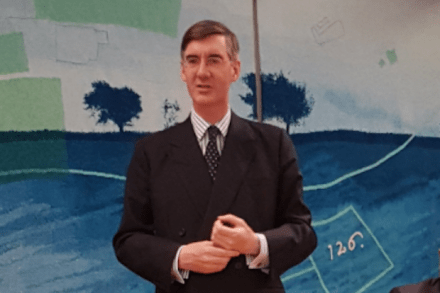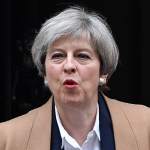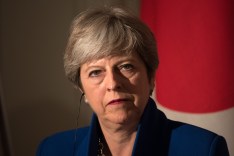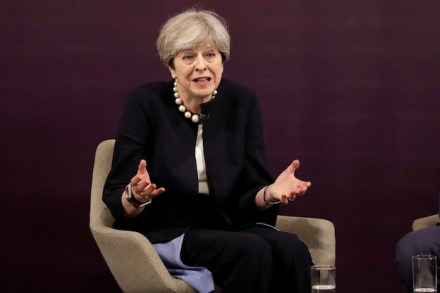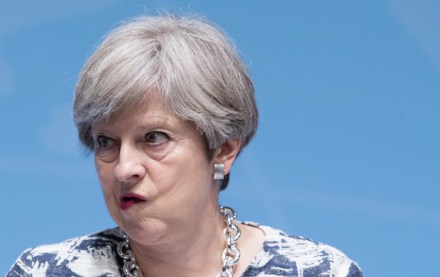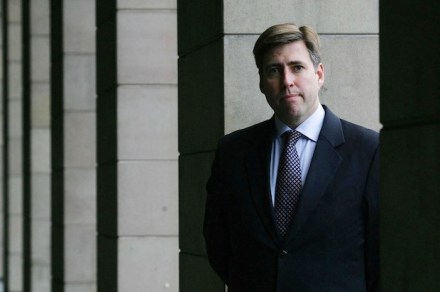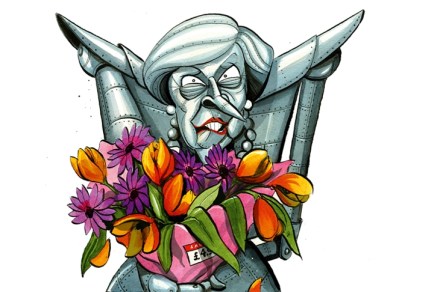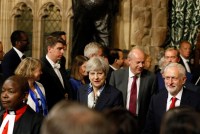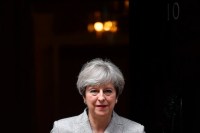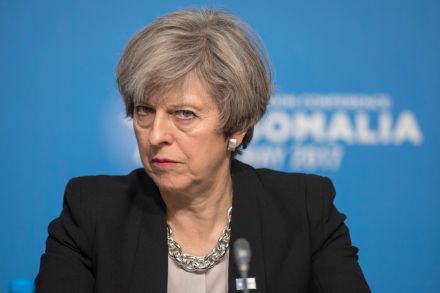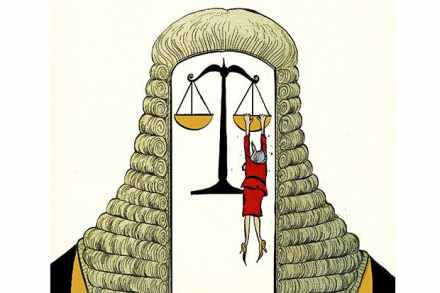Jacob Rees-Mogg drops a hint about what job he wants in the reshuffle
Although Jacob Rees-Mogg likes to insist that he is an unsuitable candidate for the role of Prime Minister, he still manages to fit in an impressive number of media appearances, public speaking engagements and constituency visits for your average backbencher. Tonight Rees-Mogg descended on the Boothroyd room in Portcullis House for a Conservative Voice event to share his thoughts on the state of his party. He criticised CCHQ for taking power away from local associations, praised the work of volunteers in the election campaign and called for a manifesto at the next election that would not be met with surprise by Tory members. Asked in the Q&A whether he would rule out entering
